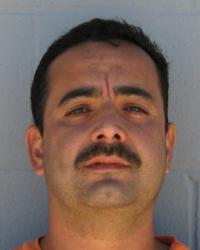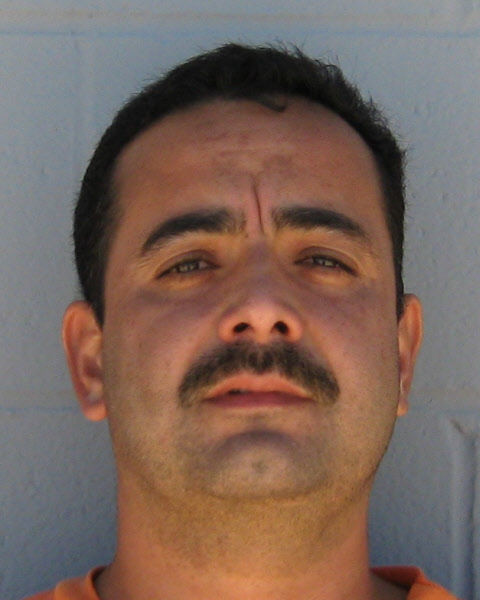PHOENIX — Some erroneous words used by judges a quarter century ago could result in the possibility of release of nearly 300 prison inmates who the law said should have been incarcerated for the rest of their lives.
In a ruling Thursday, the Arizona Supreme Court acknowledged that a 1993 law eliminated the possibility of parole for any crimes committed after Jan. 1, 1994. And that, legally speaking, should have resulted in Abelardo Chaparro being imprisoned for life for a murder he committed in May 1995.
Only thing is, the judge sentenced Chaparro to “life without the possibility of parole for 25 years.”
Justice James Beene, writing for the unanimous Supreme Court, said that was legally wrong.
But Beene pointed out that neither the prosecutor nor the defense attorney pointed that out at the time.
Now, he said, it’s too late. And what that means, Beene said, is that Chaparro is now eligible to seek parole.
Technically speaking, Thursday’s ruling affects only Chaparro who challenged the refusal of the Department of Corrections to consider him for parole.
But in legal papers filed with the court, that agency declared there are “approximately 290 inmates that may have sentences similar to Mr. Chaparro.”
And they can now use the precedent set in this case to seek their own parole eligibility.
Drew Ensign, the state’s deputy solicitor general, conceded to the court that there is no question but that the law was changed and parole was no longer an option. “But like the proverbial tree falling in a forest, many failed to notice,” he wrote.
“Specifically, sentencing judges, prosecutors, and likely many defense attorneys all failed to account for the Legislature’s express and unequivocal abolition of parole,” Ensign said. “A few hundred times.”
Nothing in Thursday’s order guarantees that Chaparro — or any of the other perhaps 290 affected inmates — actually will be freed. Instead, it allows them to try to convince the Board of Executive Clemency that they will be able to “remain at liberty without violating the law and that the release is in the best interests of the state.”
There was no immediate response from the Department of Corrections.
The facts are not in dispute.
Chaparro originally was sentenced to “natural life,” which would preclude the possibility of parole. But in a subsequent order, the judge removed the word “natural” and clarified the sentence was “life without possibility of parole for 25 years.”
Beene rejected arguments that the trial judge failed to understand what he was doing. He pointed out that, during sentencing, the trial judge told Chaparro there were three sentencing options: death, life in prison until death, and life without the possibility of parole for 25 years.
Both sides also agree the sentence imposed was “illegally lenient” because it violated the 1993 law.
What that means, the Attorney General’s Office argued, is that the court cannot enforce it.
Benne disagreed.
“Illegally lenient sentences are final under Arizona law absent timely appeal or post-judgment motion,” he wrote.
One was not made, Beene said, meaning “his illegally lenient sentence is final under Arizona law.”
What all that leaves is who else might get a chance at release.
In arguments to the court, Ensign said this case “arises from an unfortunate chapter in the history of the Arizona criminal justice system.”
The Legislature has since restored the option of parole for those who were sentenced pursuant to a plea deal with such a stipulation, and that deal spelled out how many years the person would first have to serve.





